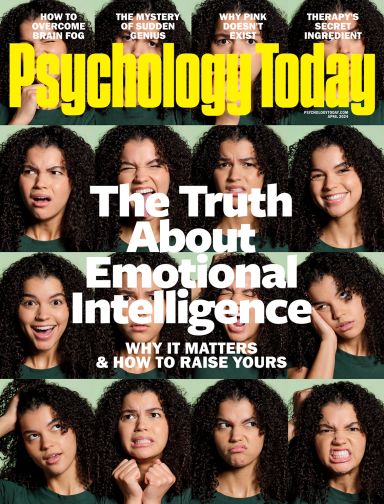A Brief History of Emotional Intelligence
Everyone values EI, but actually learning the component skills is another matter entirely.
By Marc Brackett, Ph.D., and Robin Stern, Ph.D.
Thirty-four years ago, in a world still debating whether emotions were a disruptive or adaptive force, two research psychologists proposed the concept of emotional intelligence. Peter Salovey and John Mayer contended that there is “a set of skills contributing to the accurate appraisal of emotions in self and others and the effective regulation of emotion in self and others” and that feelings could be harnessed to motivate oneself and to achieve in life. So unorthodox was the notion that people could benefit from their emotions that their article could find a home only in an obscure journal. Five years later, psychologist-writer Daniel Goleman, unconstrained by scholarly review processes, penned Emotional Intelligence: Why It Can Matter More Than IQ, which widely popularized the idea.
Decades later, there exists a general understanding that emotions matter and can serve people’s goals; emotions have a seat at the table. From gaslighting to rizz, recent words of the year, people have adopted the language of emotions. Parents want their children to have emotional intelligence, and the new field of social and emotional learning is helping teachers bring it into classrooms. Adults understand the importance of EI in relationships and consider it a desirable quality in a partner. CEOs see it as essential to the 21st-century workplace, a requirement for good decision-making, inspiring others, team functioning, and general productivity; headhunters pose interview questions to assess it.
Further, we know from theory and some preliminary research that the skills of emotional intelligence actually matter. People who have them are healthier, happier, more effective, and more productive. EI predicts things of importance for children and adults. And if the worth of EI wasn’t clear before 2020, the pandemic halted so much social interaction—the growth medium of EI—that just about everyone hungered for human contact and stumbled in their social and emotional well-being.
Read the full article here.
